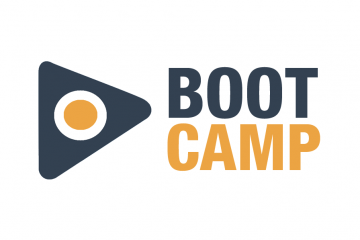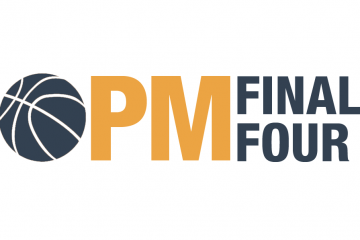An effective product manager can become a trusted member of the organization if they consistently and continuously improve their product and meet the expectations of the market. For a product lead, this is done via email, slack/teams message, or other channels to share what is going on and help the extended team make decisions, often this is done by inquiry or one-off requests (which distract one from their strategic goals) and put many in in the spot of being a human FAQ engine vs a strategic partner for the team.
Move From Tribal Knowledge to Organizational Knowledge in Product Management
We get it – Documentation is a bunch of work and it is so easy to put it on the back burner to not start or even do documentation. We use the word myth here because many of these are little more than excuses and while they may ring true at the moment, documentation will make your job easier, and your product better, and will enable the business to better support the goals.
3 Product Management Myths
Myth 1: Lack of time. Product managers are often very busy, and documentation can be a time-consuming task.
Truth: There is no shortage of work for product teams and we are busy people! After thinking about the time we spend as product managers and the things that make us busy aren’t many of the ad-hoc items questions? Questions about the roadmap. Questions about the features. Questions about our market. If you document your market, your strategy, and your capabilities you will free up time by providing the information proactively to your stakeholders.
Myth 2: Priority of other tasks. Product managers may prioritize other tasks, such as developing the product or communicating with stakeholders, over documentation.
Truth: If you unpack this one, what are some of the main items you are working on? Feature delivery and supporting your extended product team. I don’t know about you, but one of the main things many of us spend time on is defending or persuading folks why something is being done now versus other things stakeholders are asking for. So to that end, if you document and share your knowledge it can align stakeholders and increase your credibility and trust.
Myth 3: Difficulty of documentation. Documenting information can be a challenging task, especially if the information is complex or constantly changing.
Truth: In some companies, lacking processes and tools can make documentation effective, this requires the PM to guess and try to provide content that isn’t used or well understood. I also understand that sometimes is hard to decide what information to share or needed to enable the team and support market-driven decisions.
After working with hundreds of organizations and thousands of companies we empathize with each and every one of these myths, but you are either going to spend the time upfront sharing information or answering questions. You are going to spend time negotiating deliverables or justifying your approach to delivery if you don’t document what is driving your decisions.
These 3 items are why we believe consistent sharing of information is critical to the success of any product manager at ProductStart.


